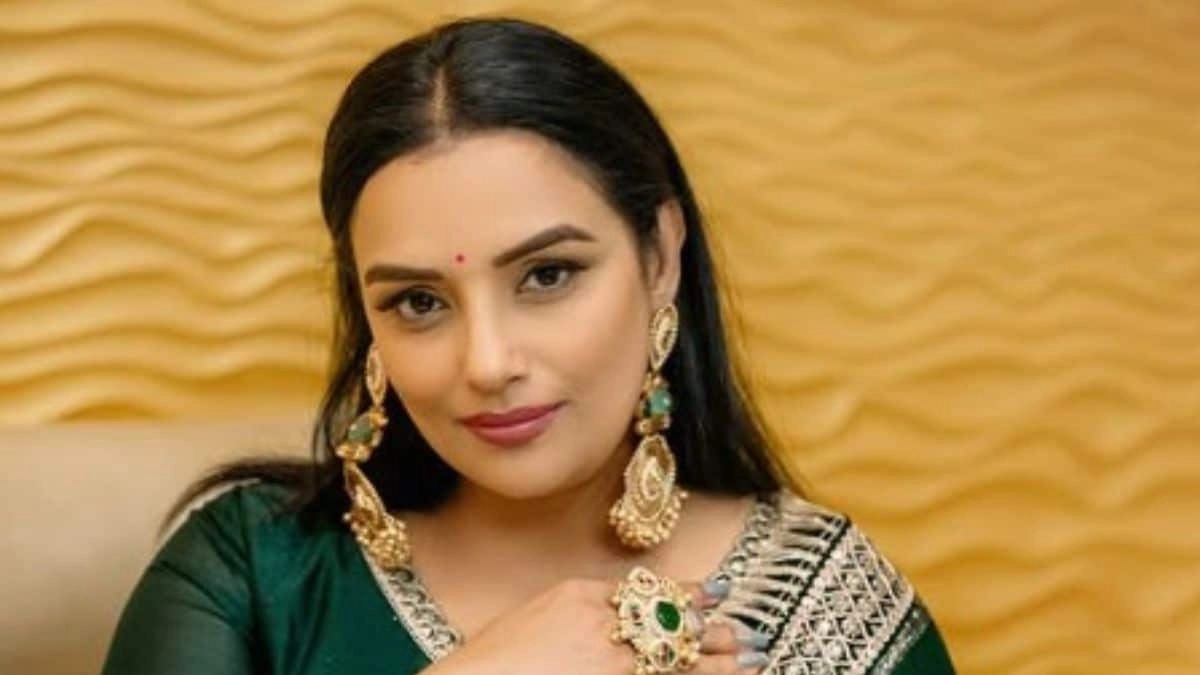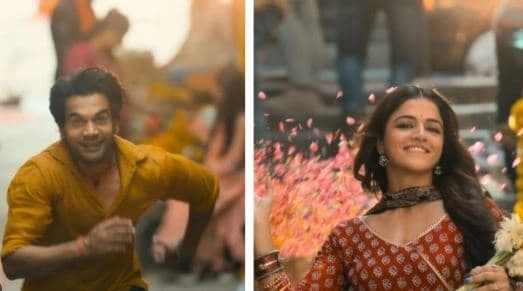A legal case has been filed against the well-known actress Shwetha Menon, sparking significant media attention and public debate. The complaint alleges that Menon has participated in the production of obscene films and advertisements, which some claim contravenes societal norms and legal standards regarding decency. The allegations have raised questions about the boundaries of artistic expression and the responsibilities of public figures in the entertainment industry. This situation has ignited discussions about the implications of such content in popular media and its potential impact on audiences, particularly younger viewers.
Shwetha Menon, who has built a career in the film industry, has often been a subject of admiration and criticism alike for her bold choices in roles and endorsements. The case against her may reflect broader tensions within society about the portrayal of women in media and the line between art and obscenity. Supporters of Menon argue that her work should be viewed through the lens of artistic freedom, while critics assert that there must be accountability for content that they consider harmful or inappropriate. As the legal proceedings unfold, the actress finds herself at the center of a contentious debate that touches on freedom of expression, cultural values, and the role of the entertainment industry in influencing public perception.
The outcome of this case could have far-reaching implications not only for Menon but also for others in the industry who navigate similar waters. It highlights the ongoing struggle between creative liberties and societal expectations, raising essential questions about the responsibility of artists to their audience. As the legal system evaluates the merits of the case, there is a growing need for discourse on the nature of obscenity and whether existing laws adequately protect both artists and the public. This incident serves as a reminder of the complexities involved in balancing artistic expression with community standards, making it a pivotal moment for both Shwetha Menon and the broader entertainment industry in India.
In addition, the reactions from fans and critics alike illustrate the polarized views on such controversial topics. As the case gains traction, it not only affects Menon’s career but also invites scrutiny of the entertainment landscape, which often walks a fine line between provocative art and societal decency. The discussions that emerge from this case may lead to a reevaluation of standards within the industry and prompt conversations about what constitutes acceptable content in popular media today. As society evolves, so too will the frameworks that govern artistic expression, making this a critical juncture for artists, audiences, and lawmakers alike.




